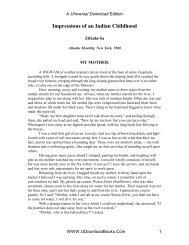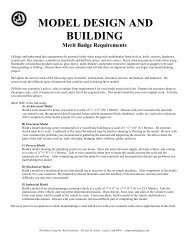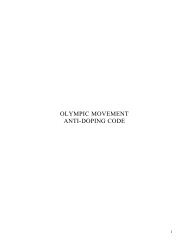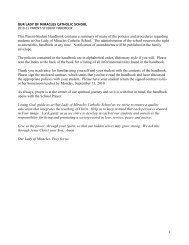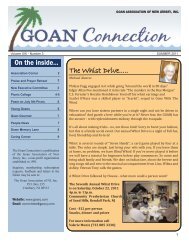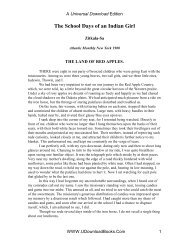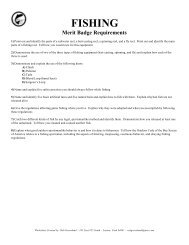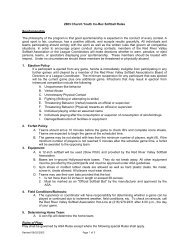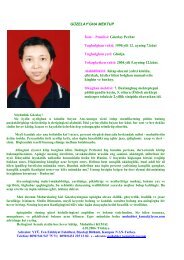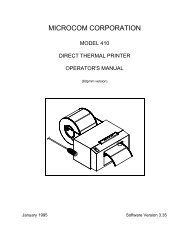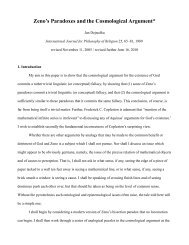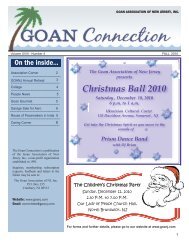Dummett's Backward Road to Frege and to Intuitionism - Tripod
Dummett's Backward Road to Frege and to Intuitionism - Tripod
Dummett's Backward Road to Frege and to Intuitionism - Tripod
Create successful ePaper yourself
Turn your PDF publications into a flip-book with our unique Google optimized e-Paper software.
(compare Dummett 1981: 626). And for <strong>Frege</strong>, everything is regimented at once. This resolves the<br />
problem of double oratio obliqua. In ordinary language, the obliqua chips fall where they may. But in<br />
the formal notation, since all opaque contexts <strong>and</strong> all senses, however indirect, are regimented at once,<br />
it is always determinate which sense is expressed in which context.<br />
Definitions stipulate references only via senses, but Dummett’s program rightly does not<br />
concern them. For <strong>Frege</strong>, definitions are never needed <strong>to</strong> say what we want <strong>to</strong> say. They merely<br />
abbreviate.<br />
3. Does the program work?<br />
Dummett never attempts an example of how his program works. I have already argued that it<br />
does not work even if we pump it up with advance knowledge of which portions of sentences <strong>to</strong> count<br />
as subsentential names, <strong>and</strong> of the senses <strong>and</strong> references of all primitive logical names, in the object-<br />
language. But an example may help.<br />
Suppose the vocabulary of object-language L is already given as four blank object-names, “a,”<br />
“b,” “c,” <strong>and</strong> “d,” one blank concept-name, “F( ),” “blank” meaning without their senses or references,<br />
plus <strong>Frege</strong>’s eight primitive logical names with their senses <strong>and</strong> references. We are then <strong>to</strong>ld the truth-<br />
conditions of all a<strong>to</strong>mic sentences of L. That can be done only via thoughts, but we can then disregard<br />
the thoughts in a sleight of h<strong>and</strong> in place of the magical start the program dem<strong>and</strong>s. Now, if we knew<br />
which objects in the world were a, b, c, <strong>and</strong> d, <strong>and</strong> that they were the only four objects in the world,<br />
<strong>and</strong> (3) that only a, b, <strong>and</strong> c fall under the concept F, then there would be no permutation problems for<br />
the object-names (e.g. cards or decks), <strong>and</strong> we could enumeratively define “F( )” as referring <strong>to</strong> the<br />
function that maps arguments a, b, <strong>and</strong> c, but not d, on<strong>to</strong> the True. But we are not entitled <strong>to</strong> know<br />
these things on Dummett’s program. Knowing them would amount <strong>to</strong> knowing the truth-values of the<br />
16




